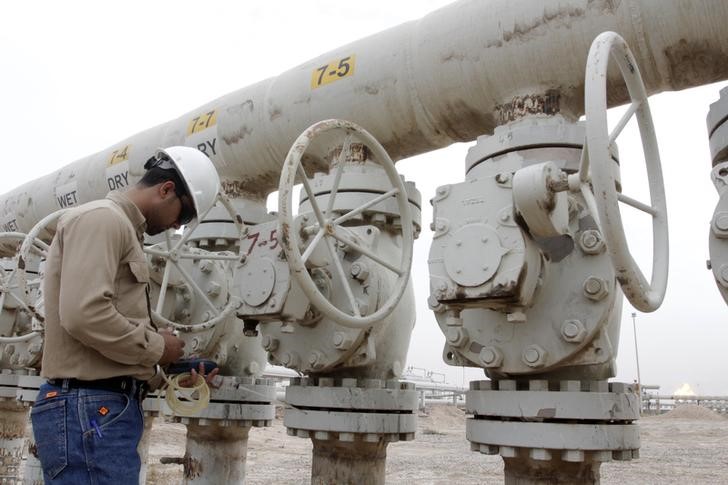© Reuters.
(Reuters) – A Burmese entrepreneur who allegedly scammed fellow immigrants from Myanmar by selling them U.S. government oil and gas leases at inflated prices and failing to deliver on a promise to help them drill will stand trial this week in Los Angeles, according to court documents.
The trial, which combines two lawsuits filed on behalf of 21 plaintiffs, comes nearly four years after Levi Sap Nei Thang began a more than $3.5 million buying spree for hundreds of federal and state leases despite having no apparent energy background.
In 2021, Reuters revealed Thang was selling the leases for many times what she paid.
The lawsuits were filed in 2021 and 2022 in California state court in Los Angeles, alleging intentional misrepresentation and negligent misrepresentation on the part of Thang and her various business entities.
In court filings, the plaintiffs describe themselves as blue-collar workers who collectively paid Thang more than $1 million, believing she would help them drill and operate oil wells. Thang marketed the leases to her 125,000 Facebook (NASDAQ:) followers via posts and live videos, the suits allege.
Thang, who sells perfume, doles out fitness advice for men, and purports to be engaged in both diplomacy and oil and gas development on her web site, is a semi-celebrity in the small Burmese immigrant community.
“The sad truth is that Levi Sap Nei Thang used her status and popularity to intentionally prey on naive immigrants within her own community by selling them oil leases at inflated prices after falsely billing them as great investments on social media,” the plaintiffs said in a brief filed in June.
In a separate brief, attorneys for Thang said the plaintiffs had no proof Thang misrepresented herself intentionally or negligently, as they allege.
The non-jury trial was scheduled to start Monday morning and last about five days. Both parties waived their rights to a trial by jury.
Attorneys for both the plaintiffs and Thang did not respond to requests for comment.
Read the full article here

